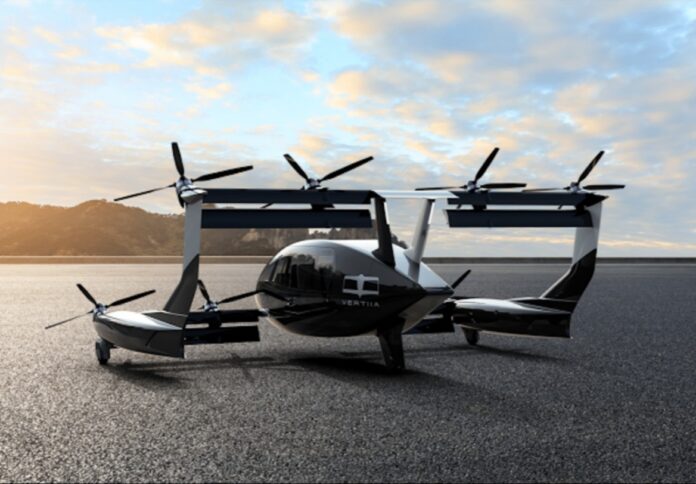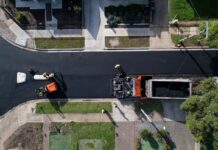
Deakin University’s Hycel and Australian aerospace company AMSL Aero have entered a research partnership aimed at advancing hydrogen fuel cell technology for aviation applications.
The collaboration will see AMSL Aero become the first industry partner to access commercial testing of fuel cells at Hycel’s Technology Hub, located at Deakin’s Warrnambool campus in southwest Victoria.
Hycel Director Professor Tiffany Walsh highlighted the initiative’s significance in supporting industry adoption of hydrogen technologies.
“Hycel’s role is to support industry to develop, test, scale, and adopt hydrogen technologies to reduce our reliance on fossil fuels. We do this by providing specialist hydrogen infrastructure, equipment, expertise, and research insights that are currently unavailable to Australian industry,” Walsh said.
Hycel Technology Hub, officially opened in October 2024, features high-pressure, high-flow hydrogen laboratories and what Deakin describes as Australia’s only hydrogen fuel cell testing equipment of its kind.
The facility is designed to facilitate industry co-location and collaboration on hydrogen innovation.
AMSL Aero’s Senior Project Engineer Simon Coburn emphasised the importance of fuel cell testing in the development of the company’s hydrogen-powered vertical take-off and landing (eVTOL) aircraft, Vertiia.
“AMSL Aero’s partnership with Hycel will help to verify fuel cell performance and durability for remote and regional flight applications, which is a key step in the development of Vertiia, Australia’s first passenger-capable, emission-free, long-range hydrogen-powered eVTOL aircraft,” Coburn said.
According to Coburn, the partnership will integrate AMSL’s hydrogen expertise with that of its international fuel cell partners and Hycel’s research capabilities.
He noted that this collaboration is expected to foster cross-sector hydrogen expertise within Australia.
AMSL Aero, an Australian aerospace company, is focused on manufacturing aircraft for applications such as air ambulances and emergency response vehicles, as well as passenger and cargo transport in remote areas.
The company describes Vertiia as a hydrogen-powered aircraft designed for vertical takeoff and landing, with the potential to offer emissions-free air transport while consuming less energy per seat than a high-speed train.
Professor Walsh stated that the research collaboration aligns with Hycel’s broader objectives of supporting industry partners in unlocking new markets and driving low-carbon solutions.
“We designed Hycel Technology Hub to provide hydrogen fuel cell prototyping, assembly, testing, and validating capability to unlock new markets for industry and support growth of low and zero-carbon solutions,” she said.
“It’s exciting to welcome AMSL Aero as another industry partner working towards developing hydrogen technologies that will reduce emissions and increase efficiency,” Walsh added.




















